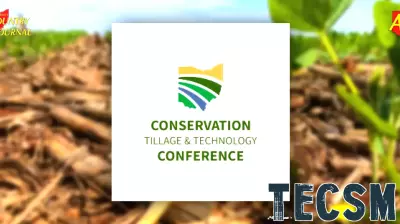Technology Advancements in Reducing Methane Emissions
November 15, 2024 - 08:00

Recent technological advancements are playing a significant role in reducing methane emissions, a potent greenhouse gas that contributes to climate change. Experts highlight that while these innovations show promise, further action is essential to achieve substantial reductions.
Methane is released during various activities, including agriculture, waste management, and fossil fuel extraction. The introduction of new technology allows for enhanced monitoring and mitigation of these emissions. For instance, innovations in leak detection and repair can identify sources of methane emissions more effectively, enabling timely interventions. Additionally, advancements in waste management techniques, such as improved digestion processes, can significantly lower methane output from organic materials.
Despite these positive developments, experts caution that relying solely on technology will not suffice. A comprehensive approach that includes policy changes, regulatory frameworks, and increased investment in sustainable practices is necessary to tackle the methane challenge effectively.
Moreover, public awareness and engagement are crucial in driving change at both individual and community levels. Collective efforts involving governments, industries, and local communities can foster a more sustainable future.
In summary, while technology is a valuable tool in the fight against methane emissions, a collaborative and multifaceted strategy is vital for achieving meaningful progress in addressing this urgent environmental issue.
MORE NEWS

March 3, 2026 - 02:44
Conservation Tillage and Technology Conference is March 10-11The future of sustainable agriculture will be the focus at the 2026 Conservation Tillage and Technology Conference, scheduled for March 10-11. The event, to be held at Ohio Northern University in...

March 2, 2026 - 10:58
A Look At GigaCloud Technology (GCT) Valuation After Record Results And New Buyback ProgramGigaCloud Technology (GCT) has captured significant market interest following the release of its outstanding fourth-quarter and full-year 2025 financial results. The company announced...

March 1, 2026 - 18:14
Gibran Jones discusses technology’s role in the future of workAs artificial intelligence continues to reshape industries, workplaces, and public conversations, a leading voice urges a focus on its collaborative potential. According to digital strategist and...

March 1, 2026 - 02:48
Brown And Brown Taps Dori Henderson To Drive Technology And AI ShiftBrown & Brown has named Dorothea `Dori` Henderson as its Chief Information Technology Officer, a strategic hire aimed at accelerating the firm`s technological evolution. Henderson will be directly...